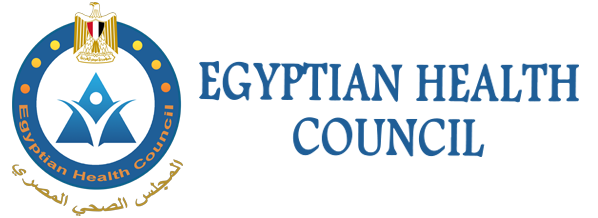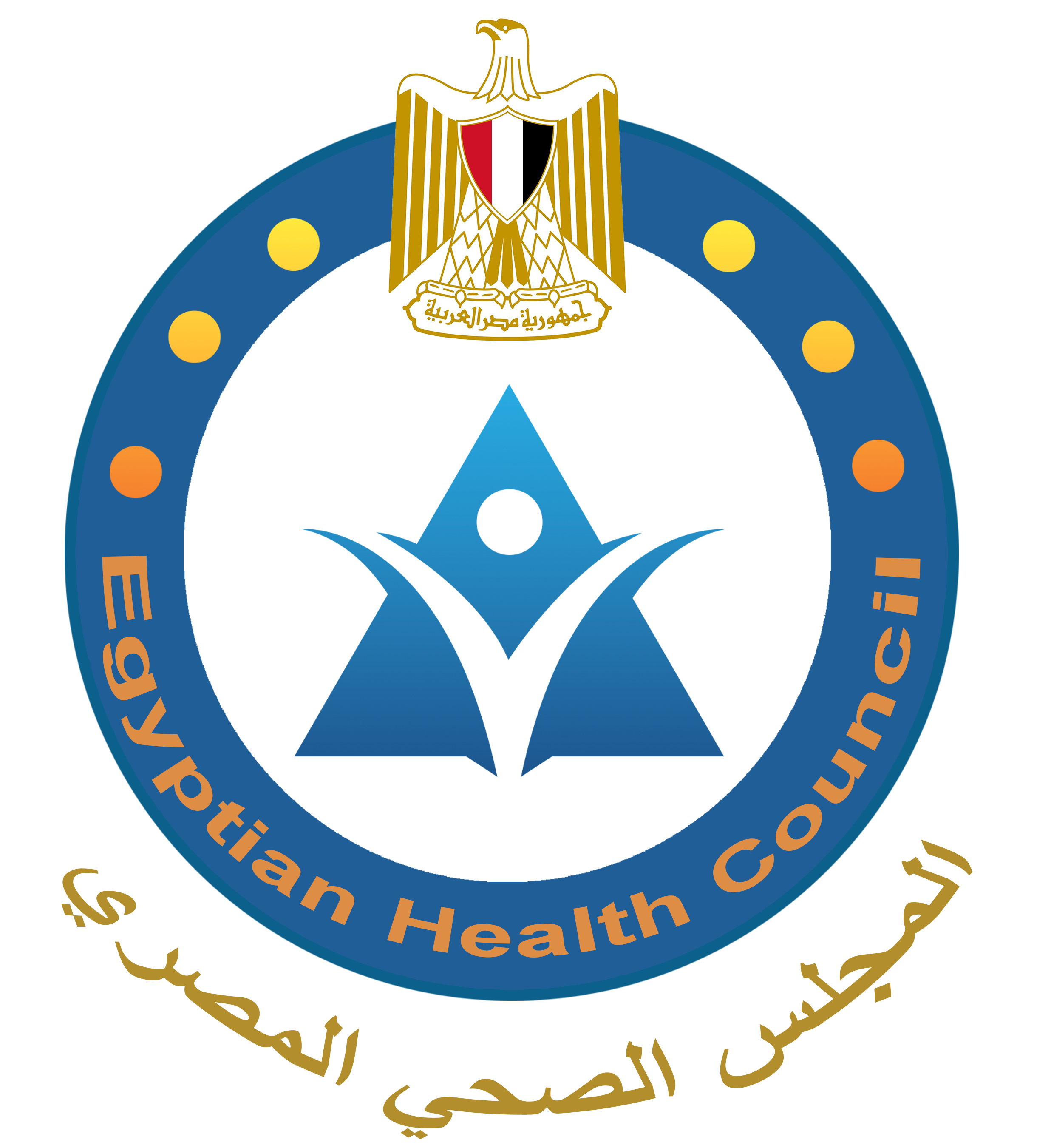
Phoniatrics Late Language Emergence / Language Delay Language Disorders / Autism Spectrum Disorder
"last update: 10 June 2024"
- Executive Summary
The scope of the guideline is the diagnosis, assessment and intervention of communication difficulties in children with late language emergence or autism spectrum disorder.
Late Language Emergence
▪️ When a child is first referred for a delay in his/her language development, a detailed thorough history taking should be carried out in order to learn more about the child’s perinatal, developmental, medical, behavioral, social and educational history and to double check the possible existence of any comorbid disorders and/or associated syndromes (Strong recommendation).
▪️ Based on the information gathered during the initial parent interview, necessary referrals are recommended such as audiological assessment (mandatory), neurological examination, physical therapy examination (based on concerns raised by caregivers or deduced during professional observation), special tests related to Autism spectrum disorder (if related features have been reported during the initial parent interview or clinically observed), occupational therapy (if motor programming and/or sensory issues are suspected), etc. (Strong recommendation)
▪️ Following the initial interview, the evaluation process takes place. (Strong recommendation).
▪️ Assessment can be preceded by a screening process (Conditional recommendation).
▪️ A thorough assessment is recommended in order to closely inspect the child’s language skills and establish a proper baseline for future realistic as well as effective therapeutic plans (Strong recommendation).
▪️ Differential diagnosis along with interpretation of all findings and sharing results within the family need to follow the assessment (Strong recommendation).
▪️ Following the evaluation phase, the child is referred for intervention. Intervention can be in the form of indirect intervention; carried out through a series of systematic parent counseling sessions that involves close observation to the child’s skills. This is usually recommended for very young children. For older children, direct intervention takes place (Strong recommendation).
▪️ Direction intervention procedures and strategies can vary depending on the child’s needs, developmental level, family circumstances and other factors. It can be in the form of regular individual therapeutic sessions, group therapy, tasks during naturalistic settings, or a hybrid approach involving a mixture of various direct and indirect approaches all together (Strong recommendation).
▪️ Family involvement is very important in every step as it can help foster, maintain and generalize language skills acquired during formal therapeutic settings and facilitate their generalization to daily life activities and interactions (Strong recommendation).
▪️ Multidisciplinary team involvement is important whenever needed (Strong recommendation).
▪️ In severe case, augmented communication needs to be considered along with working on enhancing spoken language skills (Strong recommendation).
▪️ Equally important to family involvement, is regular data collection for the child’s response to therapy and his/her benefit from selected objectives (Strong recommendation).
Autism Spectrum Disorder (ASD)
▪️ Dealing with a child suspected to be on the Autism Spectrum Disorder (ASD) follows the same management steps mentioned above but with particular focus on collecting additional data and carrying out further testing in order to confirm or exclude the existence of the warning signs of this disorder in addition to particular stress on the child’s social communication skills (Strong recommendatio
▪️ Following initial interview, the child’s eye gaze, joint attention, social interactions, imitation skills, non-verbal means of communication, language skills, facial expressions, repetitive movements, etc. are thoroughly screened and closely observed (Strong recommendation).
▪️ Screening can be followed by a formal testing for cooperative children in order to reach a better understanding of the child’s needs and difficulties (Conditional recommendation).
▪️ The assessment process should also include input from other professionals involved in the inter/multi-disciplinary team dealing with the child (Conditional recommendation).
▪️ If a diagnosis of ASD is proven, relevant therapeutic procedures should immediately follow (Strong recommendation).
▪️ Based on the assessment findings, therapy is provided (Strong recommendation).
▪️ In ASD children, management usually occurs within the frame of a multidisciplinary approach; with all professionals involved collaborating together in order to confirm / exclude the preliminary diagnosis given, plan future therapy, provide support to parents and work towards achieving future targeted goals (Conditional recommendation).
▪️ It is essential that all the professionals involved in the multidisciplinary team possess knowledge of typical and atypical patterns of development in the domains of cognition; communication; emergent literacy; and motor, sensory, and social-emotional and work collaboratively together (Strong recommendation)
▪️ Intervention can vary based on the severity of the disorder and associated problems. Treatment can include activity schedules, visual support aids, or even augmentative and alternative communication (to be used in an augmentative rather than alternative method; i.e., always linked to a verbal message) (Strong recommendation).
▪️ Among the intervention procedures in such cases are also different behavioral intervention techniques and cognitive behavioral therapy (Conditional recommendation).
▪️ Therapy can also include spoken language intervention, parent-mediated intervention, applied behavior analysis, and social-communication intervention (Strong recommendation).
▪️ Socio-pragmatic skills are crucial to address during every stage in the intervention process. Pragmatic skills are usually an area of particular need for patients having Autism Spectrum Disorder (Strong recommendation).
▪️ Transitioning with youth and adults is also very important to consider when children get older in order to help them face high social demands, overcome communication challenges, and better cope with colleagues and peers in all educational as well as vocational and social settings (Conditional recommendation).
Monitoring progress achieved in every stage, not only in structured therapeutic sessions but also during various daily life activities and interactions, can help in consistently updating the child’s therapeutic plan; based on achieved progress and in the highlight of his capabilities; thereby helping him reach the best utmost level; each within his own learning potential (Strong recommendation).